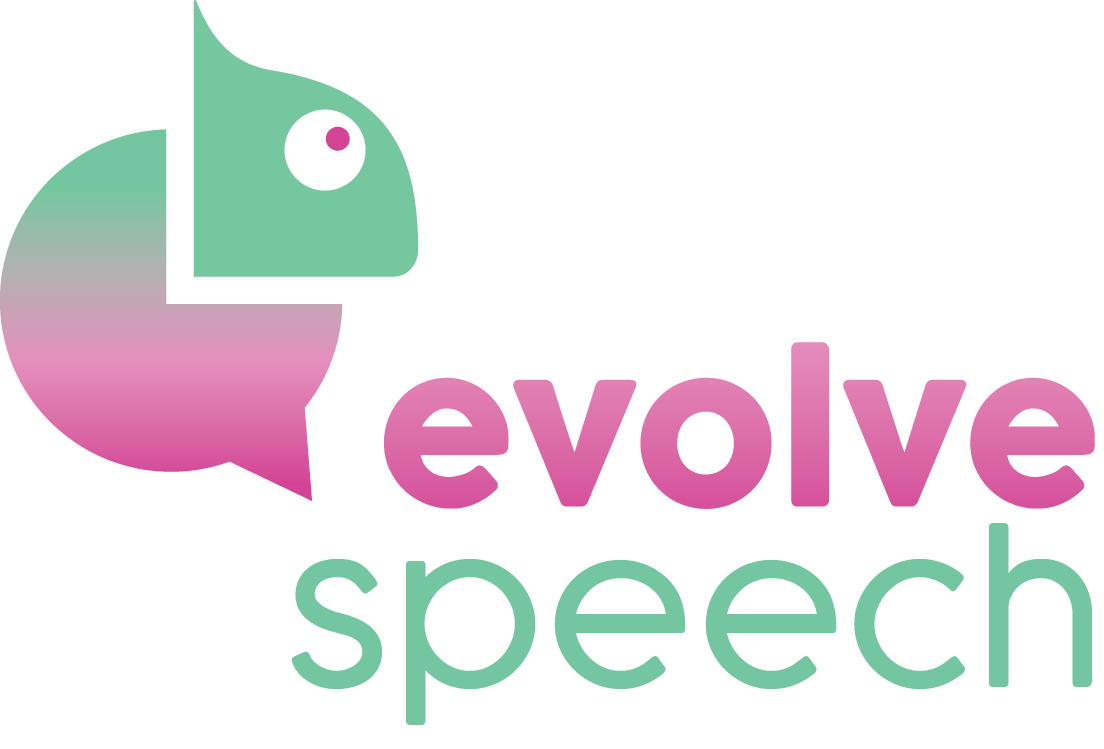Speech sound disorders are no joke. One in six Americans will have a communication disorder at some point in their lives. This includes millions of children.
A child may improve their speech over time without help, but many children need support in order to speak properly. If you think your child has a speech sound disorder, you need to take steps now to get them help. You should take the first step right here and inform yourself.
What is speech sound disorder? What types of disorders can a child have? How can a child get a diagnosis and treatment for their disorder?
Answer these questions and you can get your child the help they need to speak. Here is your quick guide.
The Basics of a Speech Sound Disorder
Speech sound disorder is an umbrella term for any disorder that affects a child’s ability to use the sounds of their language. It can refer to difficulty with articulating, understanding, or learning speech sounds.
A child can have multiple speech sound disorders at once. But a child may be able to read and write with little or no difficulty. They may also be able to perform math and other essential skills.
Accents and dialects do not count as speech sound disorders. They are linguistic differences that affect how a child uses and pronounces certain words, but they are not problems that need solving.
Speech Sound Disorder Types
There are several examples of speech sound disorders you can examine. Take a look at each one before you determine which one your child or grandchild has.
Motor and Neurological Speech Sound Disorders
Motor and neurological disorders involve the brain. Dysarthria is difficulty speaking due to brain damage in the areas that affect speech. A child may not be able to control the muscles in their jaw, mouth, and throat that allow them to talk.
Apraxia is a disorder that affects a few parts of the brain. A child knows what they want to say, but their brain cannot create the proper sequence of movements needed to produce words. A child may produce distorted sounds or make errors in their tone or rhythm.
Structural Disorders
Structural disorders affect the parts of the mouth used to create speech. A cleft palate is a split in the roof of the mouth that affects how a child breathes and moves their tongue. Some children with cleft palates can form words, but their voices sound nasal or hard to hear.
A child can develop a vocal cord disorder if they misuse their vocal cords. Shouting or singing loudly can stress the vocal cords until they freeze up. Their voice may become low or breathy, and they may need to take breaths in the middle of sentences.
Sensory and Perceptual Disorders
The most common sensory disorder that affects speech sounds is hearing loss. Listening to others helps a child learn how to pronounce and understand words. When they can pronounce words, their voice may be flat or monotonic.
Sensory processing disorder is a brain condition that affects how a child can receive information from their senses. A person speaking loudly or several people talking at once can make it hard for a child to process information. This may cause speech delays.
Functional Disorders
Functional disorders are disorders that do not stem from a clear cause. A child may struggle with their articulation, distorting sounds or substituting different words for each other. This may occur due to inexperience, anxiety, or another issue.
A phonological disorder creates incorrect speech patterns. A child may drop the last consonants in words like “book” and “stop.” They may add additional syllables to words, or they may delete weak syllables from words.
Family members may be able to understand what the child is saying, but strangers and other children may not. A phonological disorder may not become apparent until a child goes to school.
Speech Therapy
If you believe your child has a speech sound disorder, you should take them to their pediatrician. Their doctor can do a medical assessment to determine if there is any medical problem impeding their speech. You should also talk to your child’s teachers to see what they observe.
You can then take your child to a speech therapist. They can assess your child using a few different tests, including an oral mechanism examination. They will examine the structure of your child’s palate, jaw, tongue, and teeth.
The therapist can diagnose your child with a speech sound disorder and then start treatment. Treatment depends on what disorder your child has, how old they are, and what their personality is like.
The Essentials of Speech Sound Disorders
Speech sound disorders are conditions that impact how a child talks. While they may be able to understand words, they cannot pronounce them for some reason.
Some children have brain or motor problems that make it hard to use their muscles. Other children struggle with processing words or have difficulties for no apparent reason. Regardless of their speech sound disorder, your child can receive treatment.
Don’t hesitate to help your child with their speech. Evolve Speech provides online speech therapy for all children. Contact us today.

